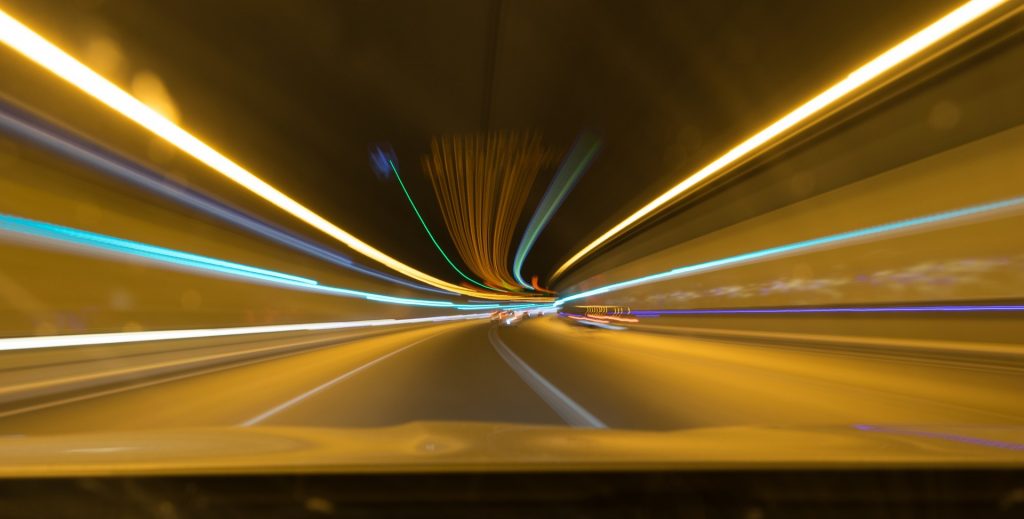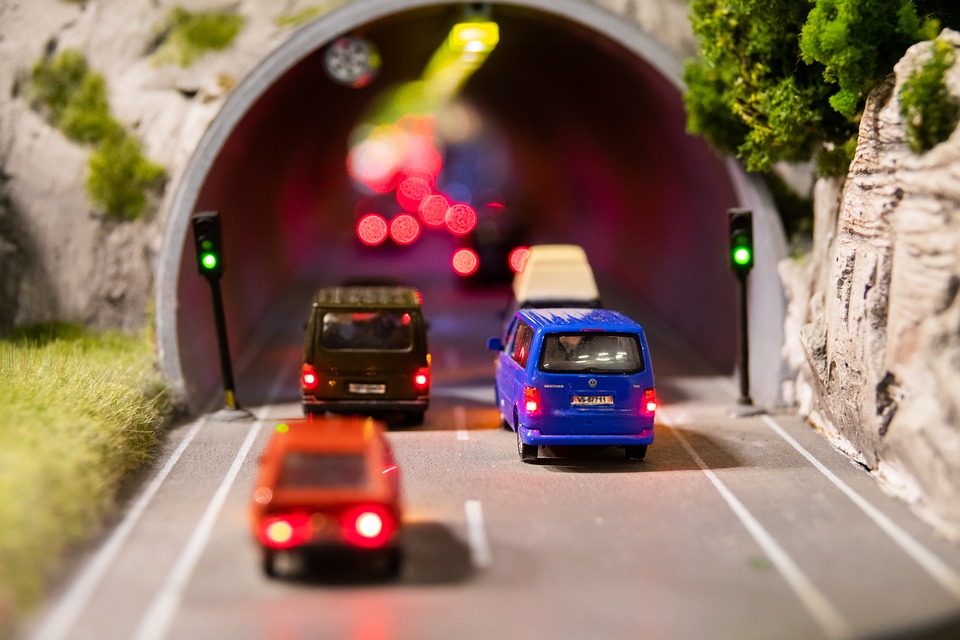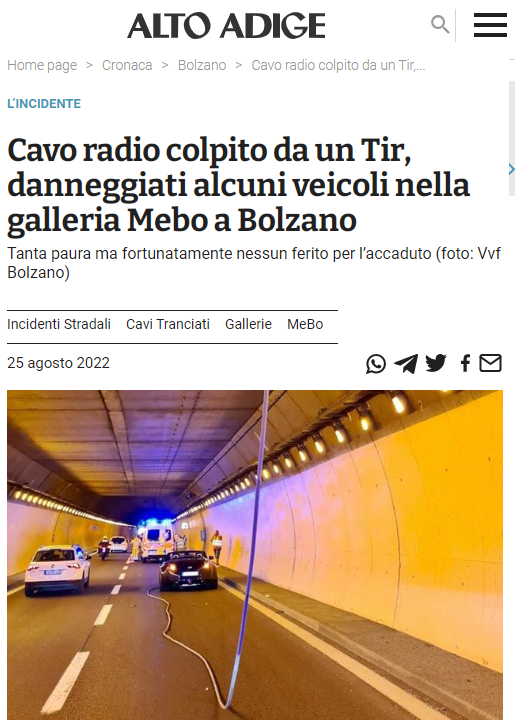
Source: Photo by Stain_Marylight from Pixabay
When travelling by car and driving through a tunnel, the signals picked up by the radio are quickly attenuated. Only when the repeater is close by or has its antennas pointed towards the longitudinal axis of the tunnel, the waves are able to make their way through and you can keep the station tuned for longer, but then the signal disappears. Those travelling by car may also like a few minutes of silence, but in the event of an accident, the signal blackout would prevent the rescue vehicles from communicating with the outside world. Therefore, for safety reasons, communication systems are installed in the longer tunnels that can carry emergency signals and allow FM and DAB radios to be heard.
What the law says

Source: Photo by Torsten Simon from Pixabay
The problem of communications has been addressed by the legislator, who in Europe has stipulated (with Directive 2004/54/EC) that in tunnels longer than 500 metres the minimum safety requirements of the trans-European road network must be met. If the tunnels exceed 1,000 metres in length or are located on particularly busy arterial roads (with more than 2,000 vehicles passing through), the road manager is obliged to install special radiocommunication systems that allow contact between emergency vehicles (ambulances, breakdown vehicles, fire brigades, road maintenance company vehicles) and the police.
Technology

Source
Cable or radio wave transmission systems are used for communications. In the first case, ‘slotted‘ coaxial cables (with openings drilled at regular intervals, from which the signal comes out) are laid along the tunnel. The system has the advantage that it can be used to simultaneously transmit and receive on the different frequencies used by emergency vehicles, and to allow to listen to radio in the car. But since signals propagate differently depending on their frequency, corrective measures must be taken and amplifiers are introduced at regular intervals to compensate for attenuation. This requires careful design and a lot of maintenance (with increased costs). However, the system is delicate and vulnerable to fire and accidents, and there is a move towards radio wave transmission. (Written by Fabrizio Carnevalini)
